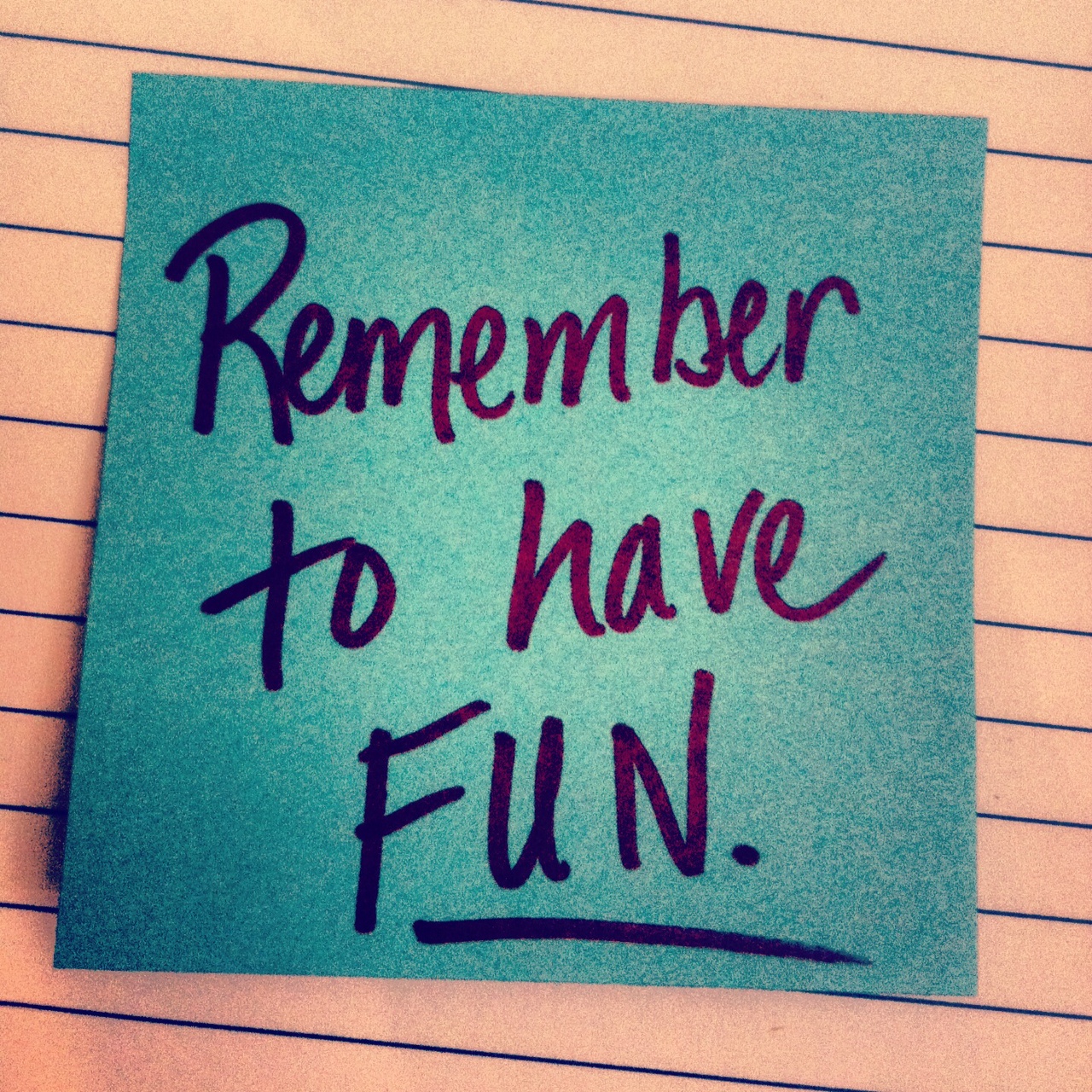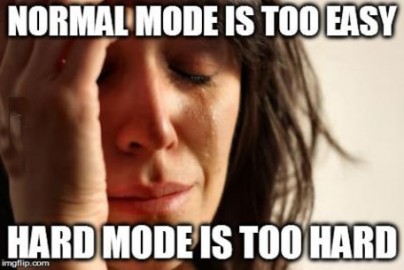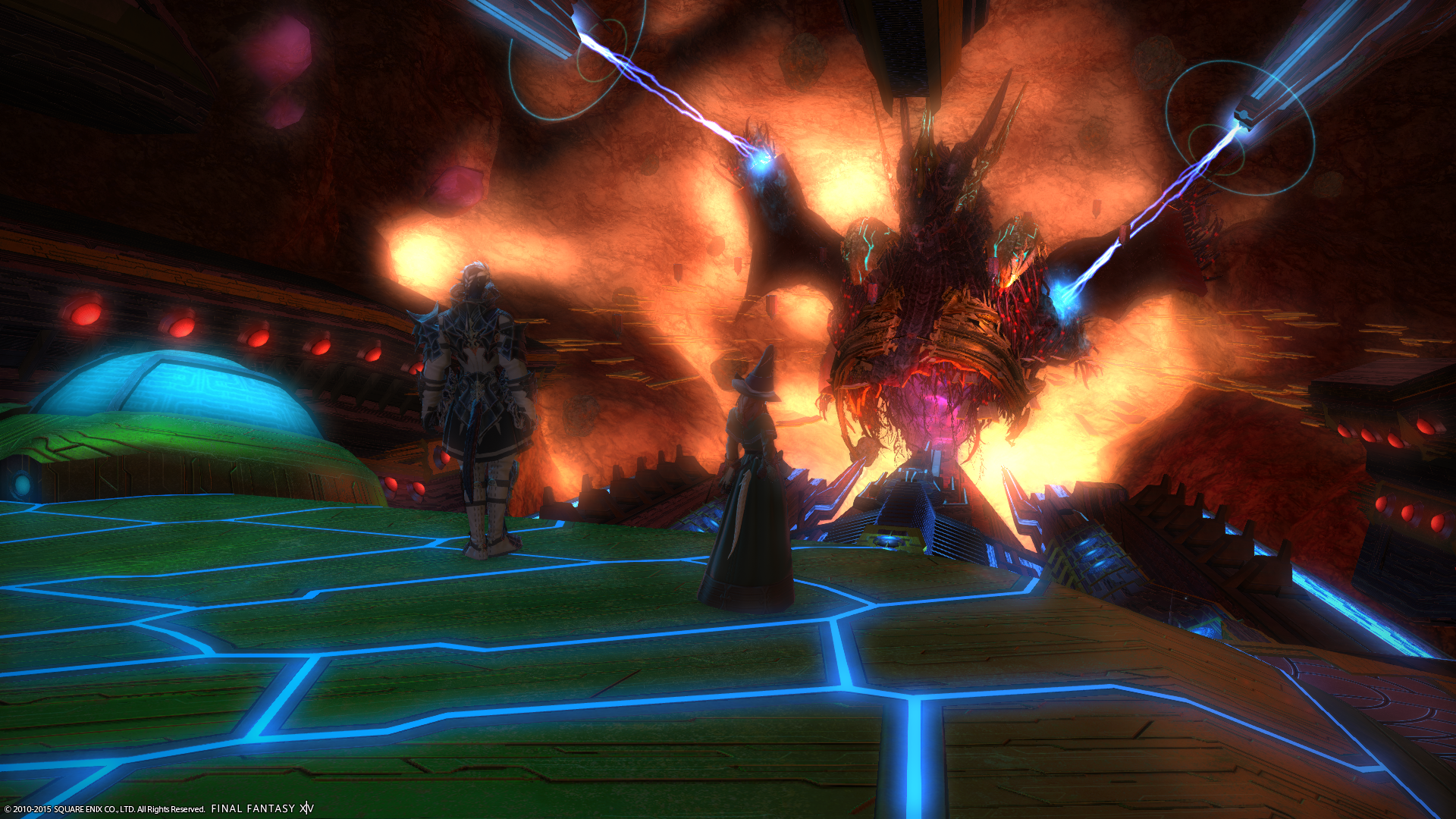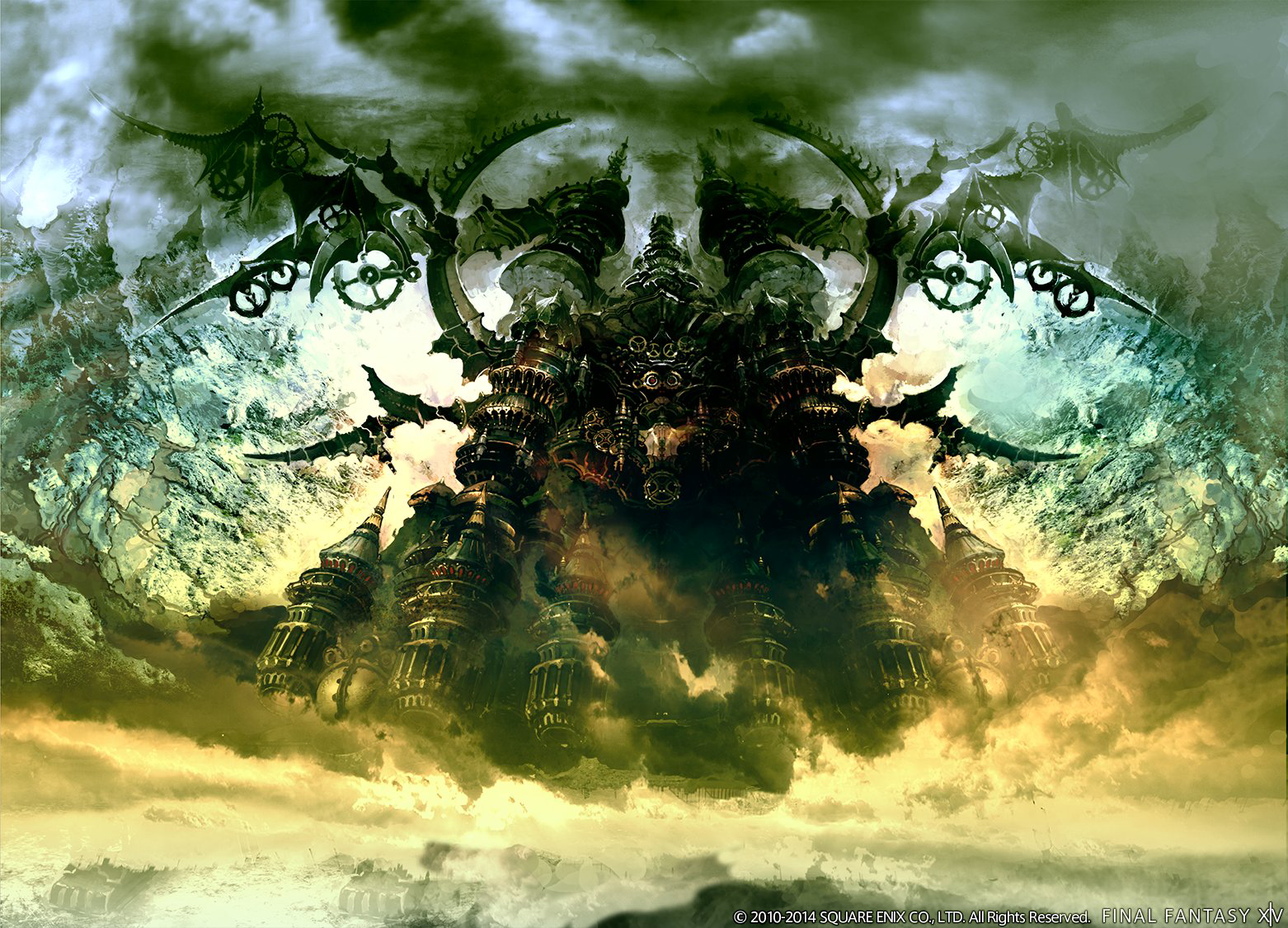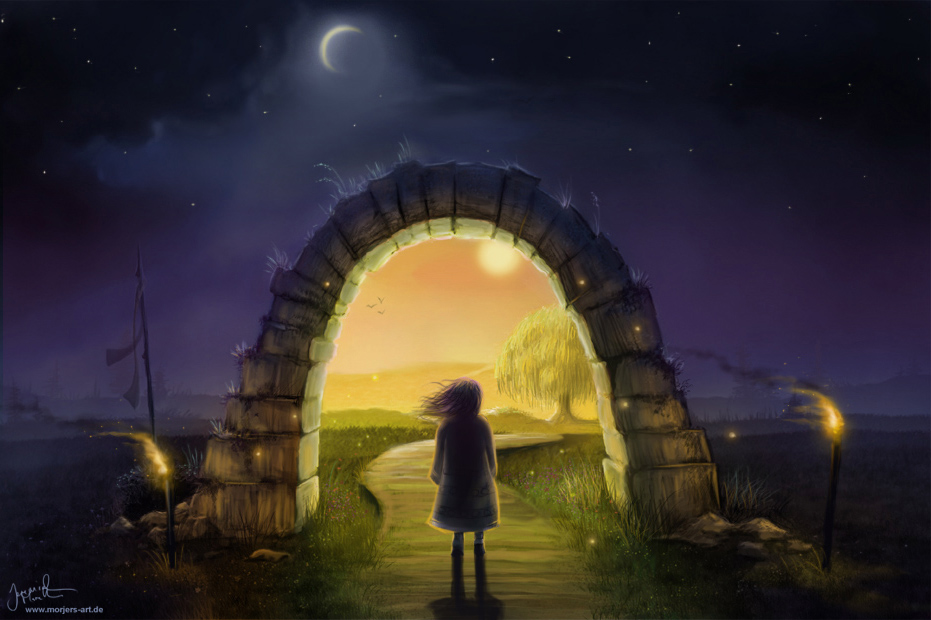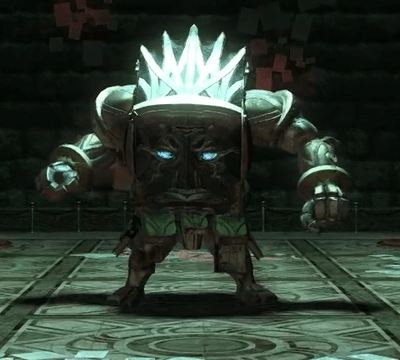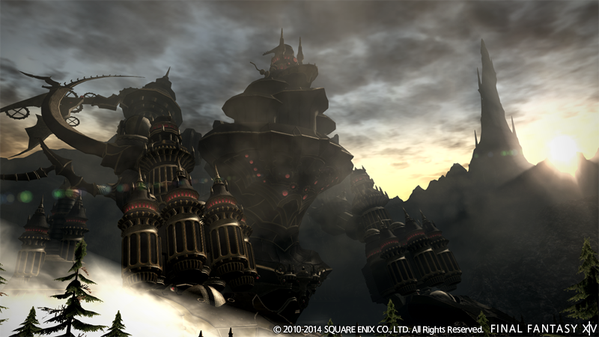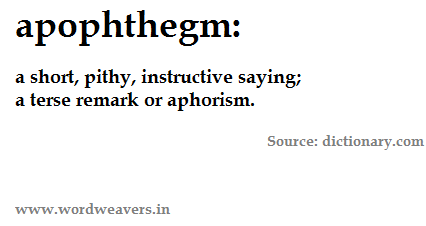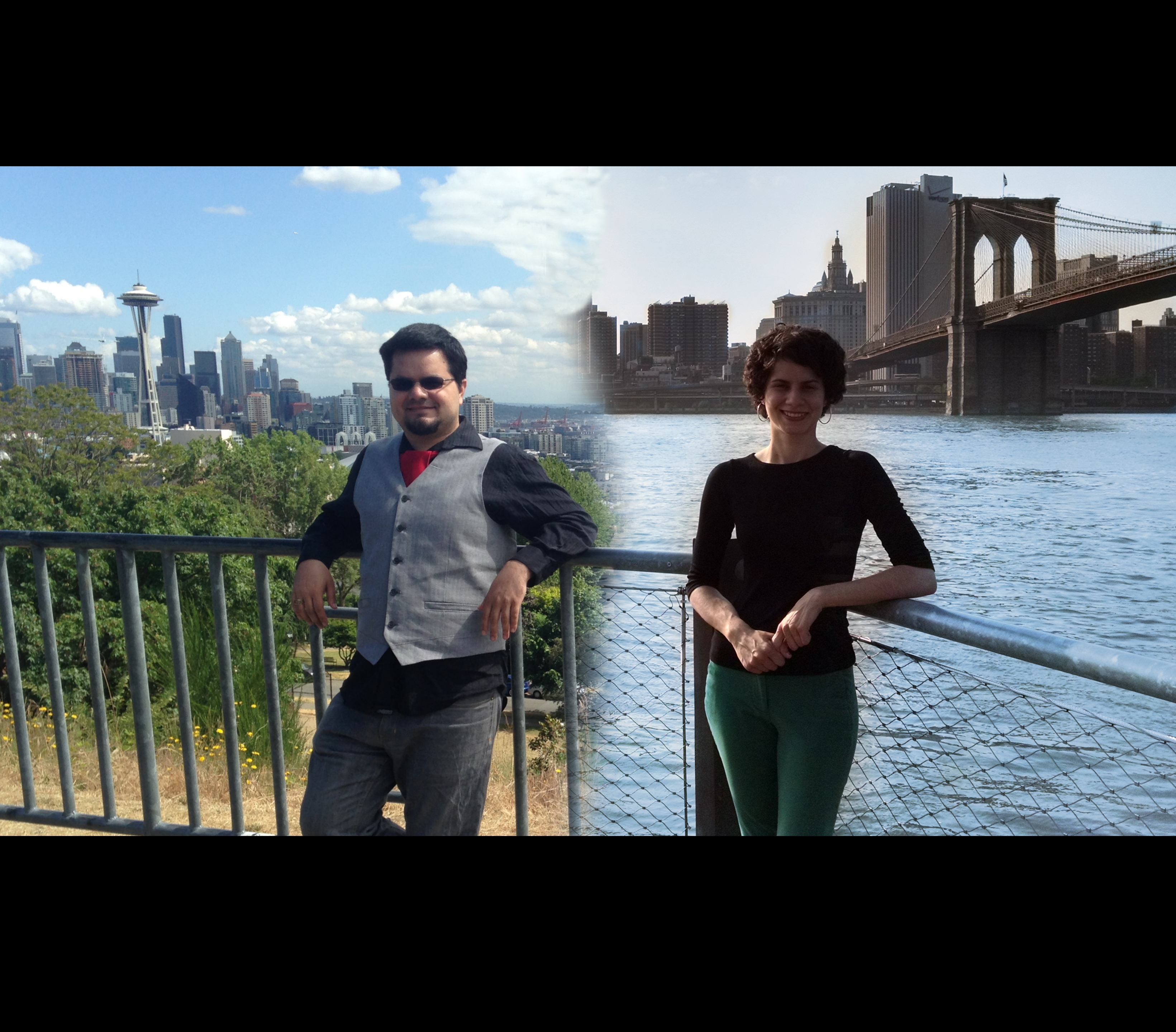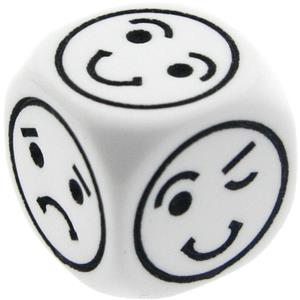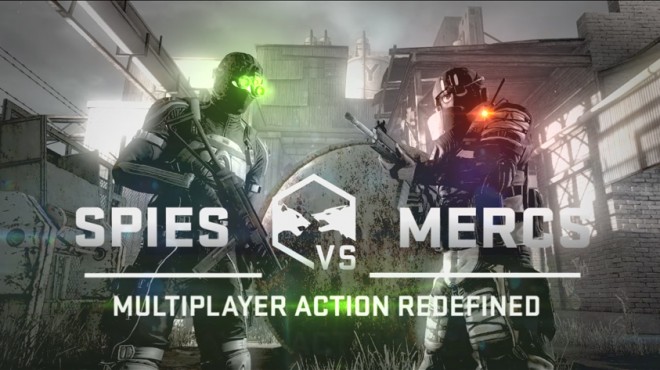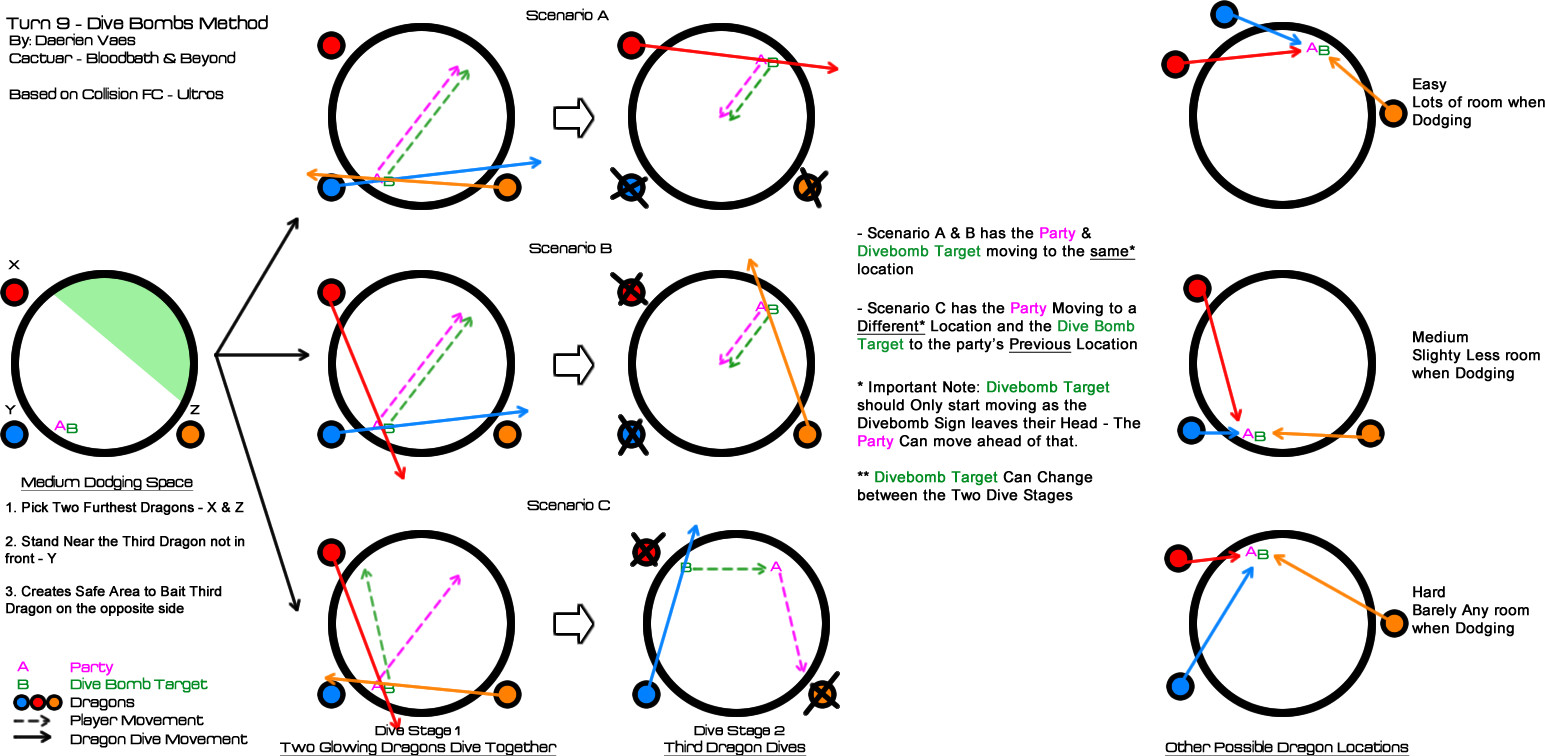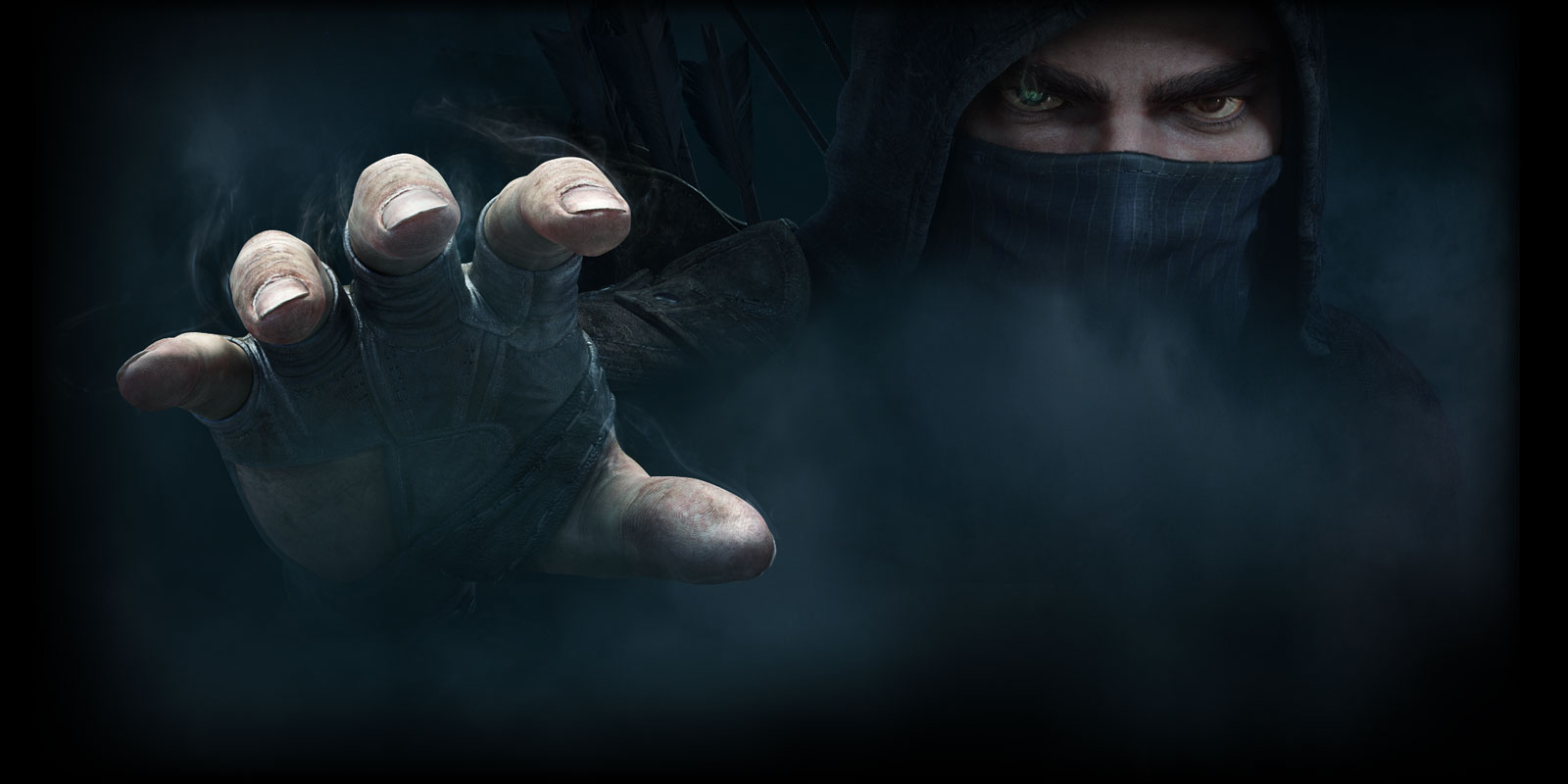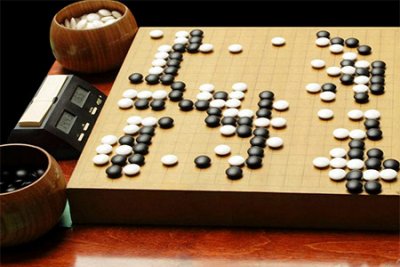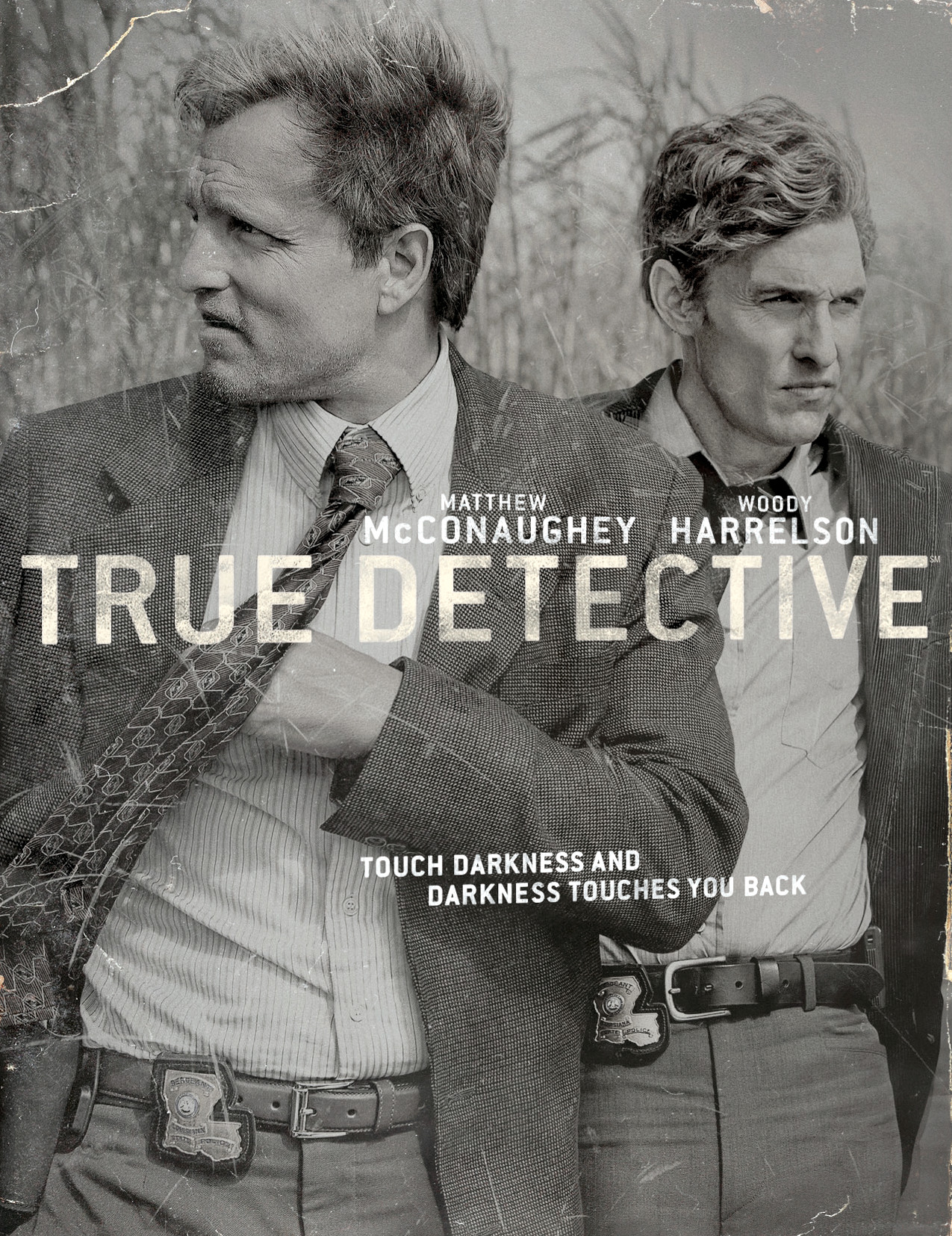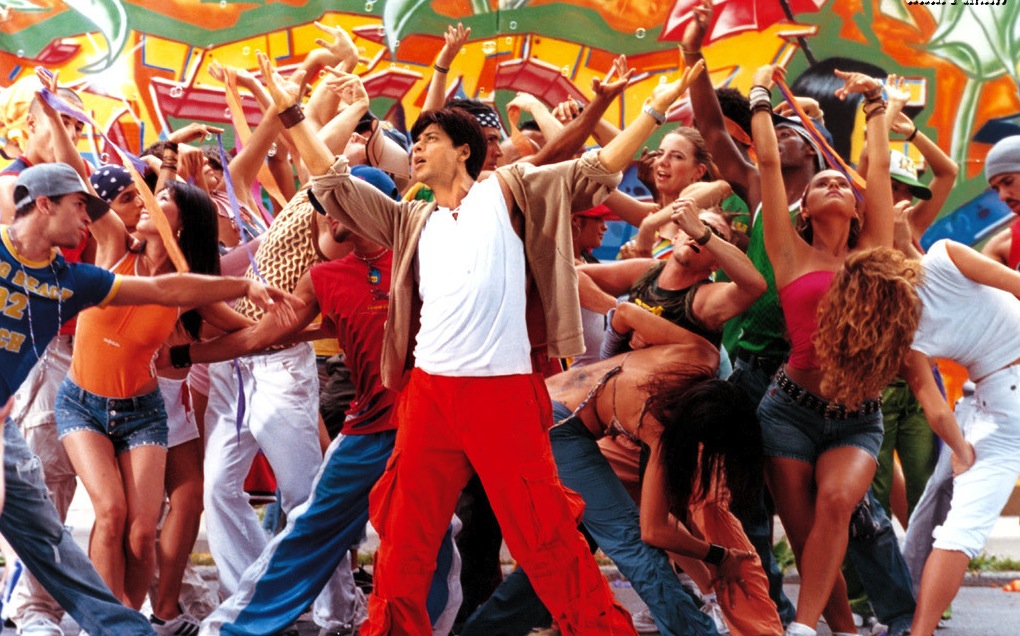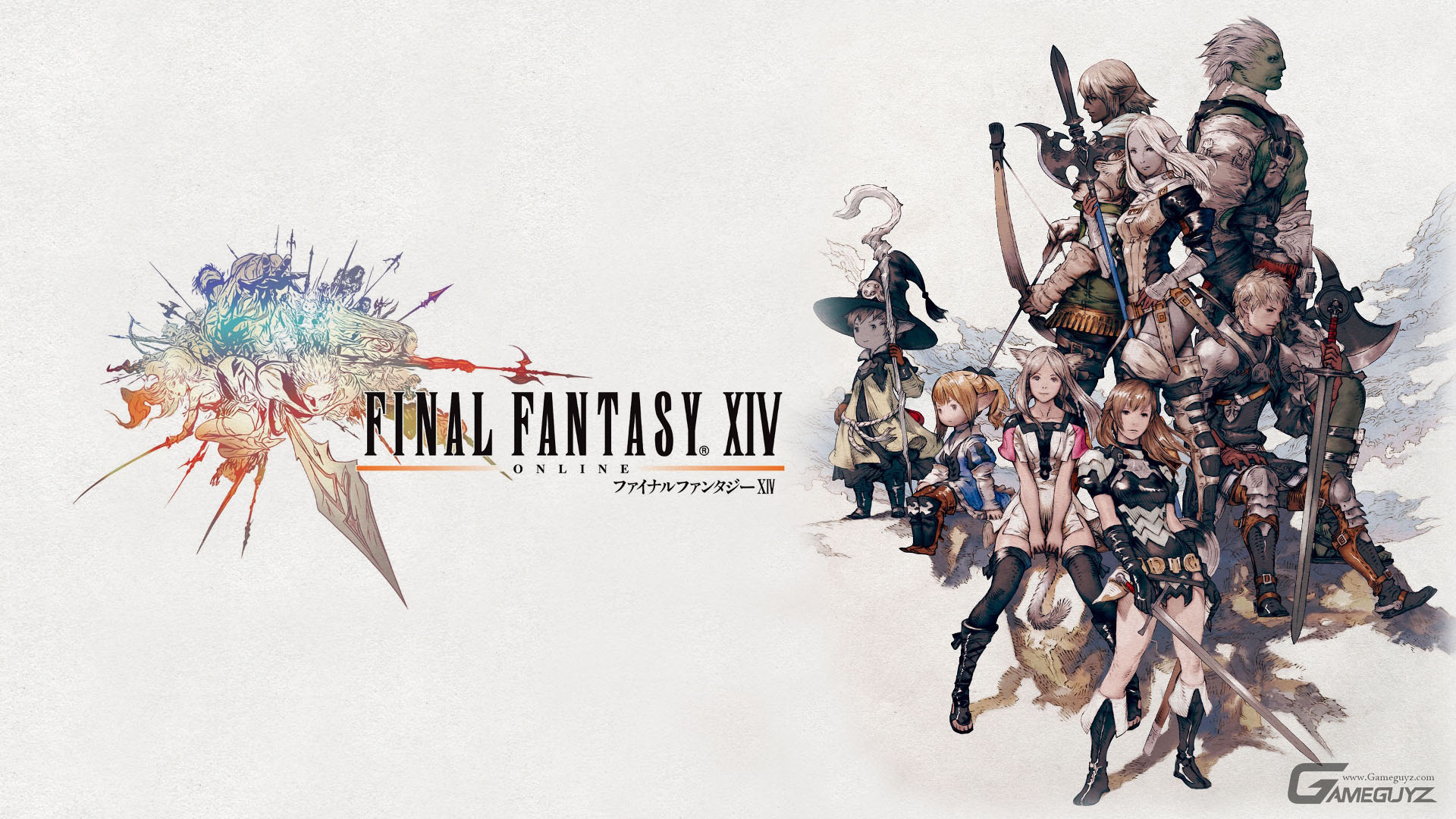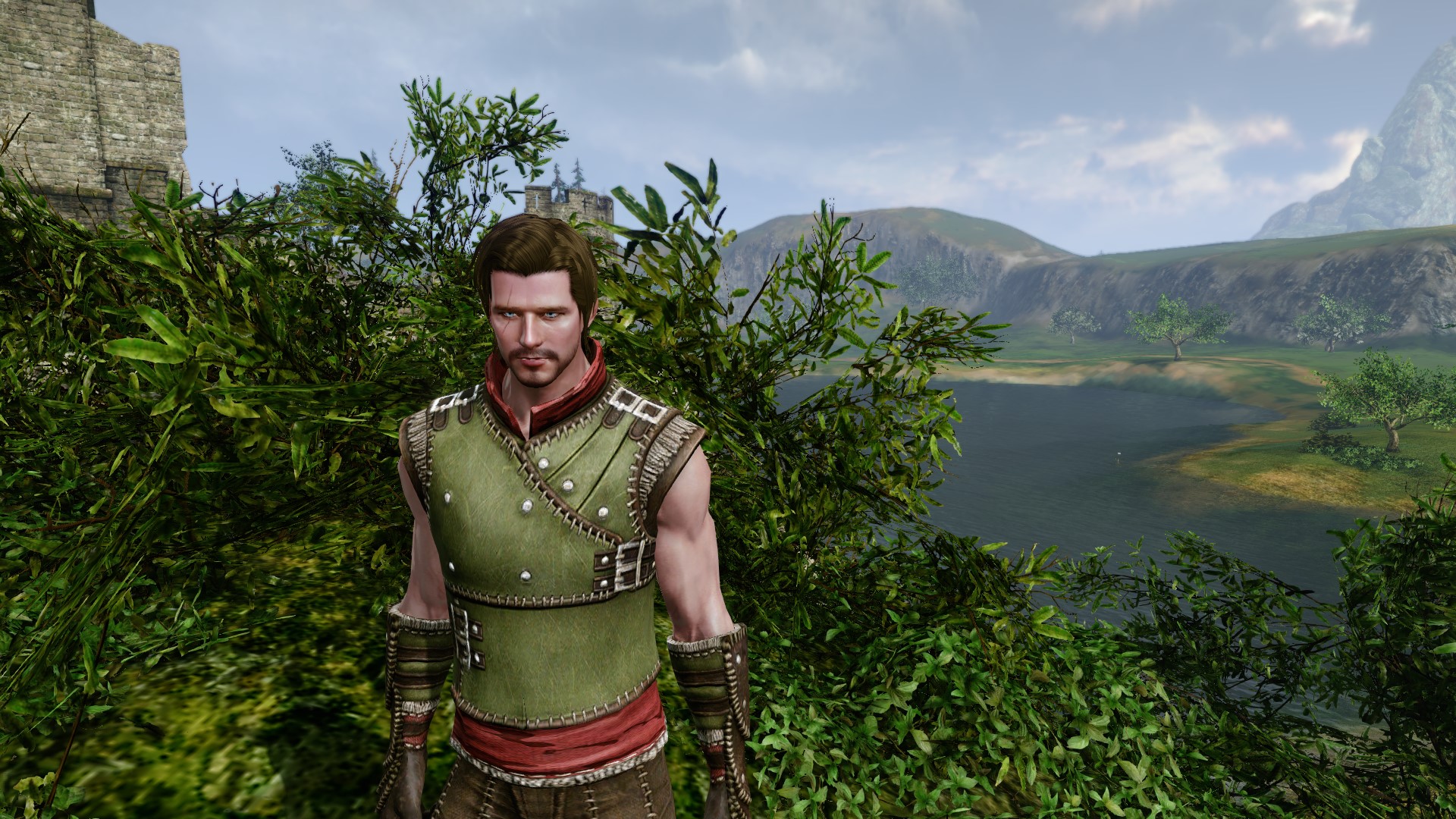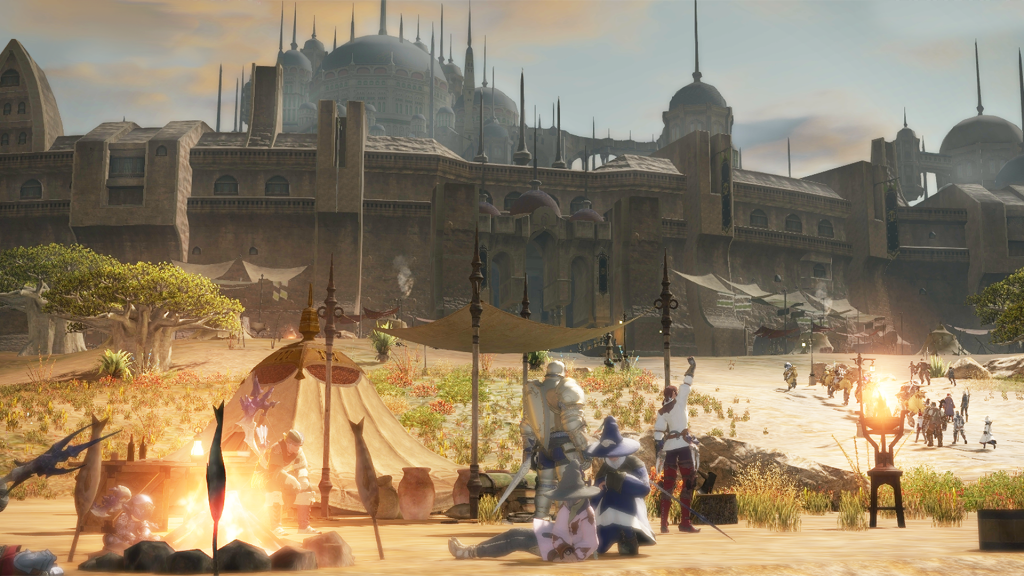Some thoughts on Fun, because they’re rattling around in my head.
Raph Koster’s A Theory of Fun describes fun in terms of how challenged your brain is. Forming new patterns, he says, is fun, provided they’re new and different enough to engage you but not so nonsensical as to frustrate your efforts in finding the patterns. Essentially, “fun” is the point at which you are still learning new things and are neither bored because you already know them or frustrated because they’re beyond your grasp. It’s an angle that people don’t tend to talk about much, for a variety of reasons, and that I’ve heard a lot of people disagree with. For my part, I generally agree with Raph on this one, but it’s one of those how-the-sausage-is-made things that people don’t like to think about.
A lot of people tend to think of fun as an ephemeral concept, a very “know it when you see it” sort of thing, and, flatly, I think they’re wrong. It’s not hard to pinpoint fun, or know what makes certain things fun, but it follows a sort of uncertainty principle. You can either be having fun with something, or know from someone else that something is fun, but very rarely both. It’s why the concept of “overhyping” something exists– enough people tell you that you’ll enjoy it and the odds of you actually enjoying it drop. It’s also why the term “visionary” is thrown around great game designers– they “see” something that no one else does. I’m convinced that the reality is that you simply can’t tell people that what you’re making is fun, because the very act of doing so will diminish their enjoyment of it. Fun is a sort of manipulation, and people hate being manipulated if they know it’s happening. Fun needs to be discovered on a person’s own terms.
I’ve seen this in action while working on various games. Certain parts of the project will be pushed really, really hard, with the message of “this is going to be the fun part”, and it almost never is. Instead, the fun appears elsewhere, in the little projects that people try out in private until they’re functional enough for ‘primetime’. These little projects come as a surprise to a lot of people, who discover them and, in so doing, find themselves having fun.
Discovery is an important part of fun, it’s that part of you that’s learning something new, and sparkling in your brain. Mastery is another part of fun, that part of you that loves the feeling of pulling off something that you figured out previously. These things tug at one another, and it’s really easy to mess up the balance. If you spoil the ending to something for someone, you’ve just short-circuited that discovery, and robbed them of the fun of discovering it on their own. On the other hand, some people don’t mind spoilers and actively seek them out, so that instead of finding fun in discovery, they find fun in mastery.
I think that Raph’s spectrum of challenge is apt, but is missing an important axis. Fun is, I think, a plane along three axes. The first axis is the challenge axis, with unthinking mastery on one end and impenetrable frustration at the other. On one end of this axis, you know something inside and out, and can do it in your sleep. Your brain probably doesn’t even engage, and you’re likely bored if that’s all you’re doing. On the other end, the patterns simply won’t form, they’re out of your grasp, and it’s frustrating because you fail repeatedly without knowing why; there’s no learning occurring because you don’t have any handholds. The second axis is the comfort axis, where at the one extreme end you’re perfectly comfortable with what you’re doing and on the other you’re pushing your limits. This is separate from the challenge axis, because it’s an emotional measure, not an analytic one. It’s about where you feel safe, not necessarily how much you’re learning. The third axis is, of course, fun itself, where the peak of the plane is wherever you’re having the most fun.
To illustrate this a bit, I’ll use myself. I crave the experience of learning new things. I’m fundamentally unsatisfied if whatever I’m doing isn’t driving me to learn something new. If I’m not picking up a new skill, or new knowledge, or some kind of new experience, I’m not having fun. In MMOs, getting new abilities and discovering new stories are far and away the most motivating things– it satisfies my desire to accumulate more things to master and to learn more about the world I’m playing in. Notably, as soon as I’m not learning something new, I’m starting to get bored. I have very low stamina for grinding, even repeatedly doing very difficult content. Difficulty alone doesn’t thrill me, I need the new. On the other axis, however, I err slightly towards the side of comfort. I want to learn lots of new things, but I want to do so at my own pace without other people interfering. It makes me bad at playing in a group, because I lack the time and space to process the new things I’m learning, and it often forces me to push myself more than I feel safe doing.
I have a few friends who lean heavily towards the “mastery” side of things. One friend of mine is similar to me– he likes to amass new knowledge at an incredible rate but does so in a position of total comfort, and is generally unhappy if pushed outside of his comfort zone. Another friend finds a ton of fun in mastery, and wants to consistently challenge himself in that sphere, facing experiences that force him to prove his mastery by pulling him out of his comfort zone. Yet another friend wants to exhibit mastery in a comfortable space; she frequently returns to older games that she’s played and beaten numerous times and knows inside and out. I have another friend who exclusively tries to learn new things well outside of her comfort zone; she’s a thrill-seeker in real life and the kind of person who picks up a game she’s never played before and cranks it up to the highest difficulty before even trying.
These four people all fall in different quadrants, and what’s fun for one of them may not be for another. It’s not simply about the analytical view of challenge and learning, but it’s about the emotional view of comfort and boundary-pushing. What I find interesting is that I’ve rarely run into someone who genuinely only has fun in one quadrant. A lot of people find their quadrant and stick to it, seeking out experiences they already know they’ll like, but for the people who actively move around, I’ve seen a lot of ‘surprise’ fun being had. It isn’t just people pushing their boundaries, either. I’ve seen the hardest of hardcore PvP junkies sit down with Bejeweled, an intensely casual single-player game, and get hooked in the simple, comfortable mastery of a game that neither pulls them out of their comfort zone nor challenges them significantly– despite those two things being their primary source of fun.
The frustrating part for me is that I can’t tell anyone this and have them believe me. It’s that fun uncertainty principle at work again. I know that I have a hard time enjoying anything someone suggests I might like, because I didn’t discover it myself, and my knowledge of psychology and people-management suggests to me that I’m not alone in this. Trying to move someone to a quadrant they aren’t familiar with doesn’t work, and while they might enjoy it if they find it on their own, they almost certainly won’t if pushed there.
My takeaway here is twofold: try new things, pick something you don’t think you’ll enjoy and try it, just in case. Also, let people discover what they like on their own– a lot of fun is in the discovery and you don’t want to rob someone of that fun. I have had more success in getting people to try things (games, shows, whatever) by trying them myself and keeping a neutral, descriptive tone about what I’ve experienced than I ever have by gushing at someone about how much I love something. I’ve gotten avowed PvP-hating players to try Archeage simply by saying “hm, this is interesting and not what I expected”, yet to date I have been able to dive deep into Thief or Hitman with exactly one person, more than a decade ago. Much as you might love to talk about something, that even tone that leaves room for discovery works wonders.

